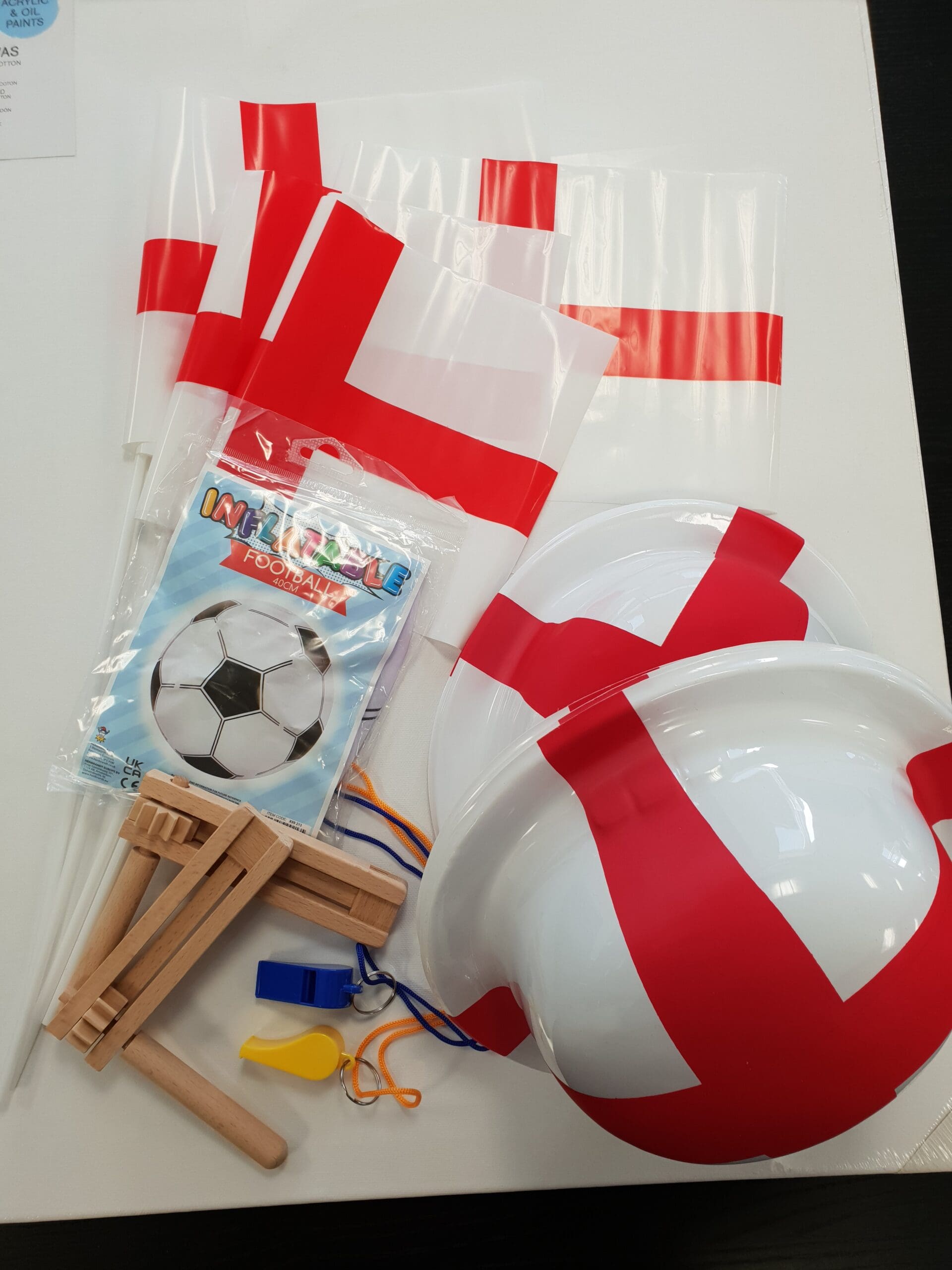Activities for Dementia Patients and the Elderly
The list is by no means definitive. The fact that dementia is progressive means that almost any product could be used, but it all depends on the person's abilities and preferences. You'll know best what is suitable for the person in question, so have a browse and we're sure you'll find something suitable.
Activities Designed For Dementia & Alzheimer's Patients
Dementia Activities For The Elderly
Dementia is a term that encompasses several conditions, including Alzheimer's disease, which cause a decline in cognitive abilities. In the elderly, it frequently manifests as memory loss, difficulty with expressive and receptive communication, and problems with conceptual thinking. Early recognition and proper management can greatly improve the quality of life for seniors living with dementia.
Dementia Patients In Care Homes
In the context of care homes, dementia presents unique challenges. Residents with dementia often require more attention and specialized care to manage their dementia symptoms. Staff should be trained to understand the specific needs of dementia patients, such as providing structured routines and creating a safe, comforting environment. Care homes offer an ideal setting for this, as they can provide round-the-clock care and a variety of specialised therapeutic activities to engage and stimulate residents.
Dementia Activities for the Visually Impaired
Dementia poses extra difficulties for those with visual impairments. The cognitive issues coupled with visual challenges can lead to increased confusion and discomfort for those affected. Adaptive strategies, such as enhanced lighting, contrasting colours, simplified layouts, and tactile markers, are invaluable in maintaining independence and quality of life for individuals living with both dementia and visual impairments.
Understanding Dementia
Dementia is a progressive brain disorder that affects memory, thinking, orientation, comprehension, calculation, learning, language and judgement. It's not a specific disease, but a group of conditions characterised by impairment of at least two brain functions. Understanding dementia is crucial for caregivers and loved ones, as it grants them the comprehension required to provide effective support and empathetic care.
Alzheimer's Disease
Alzheimer's is the most common form of dementia, accounting for up to 70% of cases. It is characterised by memory loss that disrupts daily life, difficulty completing familiar tasks, and confusion with time or place. As Alzheimer's progresses, symptoms become more severe, presenting greater challenges and requiring more intensive care. Early diagnosis and structured care planning are vital components in managing Alzheimer's disease.
Showing 337–337 of 337 results

